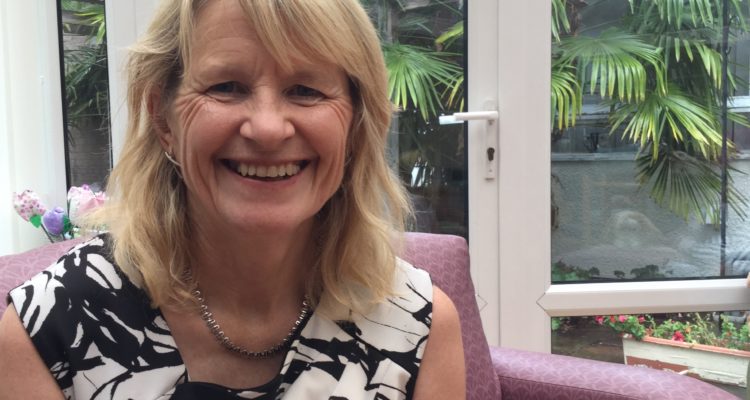Governance training – what can experienced trustees learn?
Christine Gibbons, Chair of St Ann’s Hospice in Manchester and Deputy Chair of Hospice UK, recently attended Hospice UK's Building Better Hospice Governance masterclass. Here she reflects on what she gained from the two-day course.

The one thing virtually all hospices have in common is that we are charities. Yes we operate multi-million pound businesses, but we are also a charity and are guardians of the money donated by the public for service provision. The governance of charities is more onerous than that of companies; we are more regulated and need to be more transparent in our transactions.
- Accountability – an exploration
- Running effective meetings
- Board involvement in strategy
- Reports and dashboards
- Board evaluation and performance review
The course was a mix of workshops, discussion and taught material and we were given a complete set of the slides. We had a lot of discussion between us and shared good practice throughout the two days. We were given some useful examples from other charities and also from Fiona’s work with hospices. We were given a number of books to read if we wish – I am, in particular, going to hunt out Charles Handy’s book: The Second Curve (2015).
So I realised that even if you have been doing years of charity governance there is still more to learn.
I came across for the first time the three governance mind-sets:
- Generative mode – being supportively inquisitive
- Fiduciary mode – ensuring proper stewardship of tangible assets
- Strategic mode – in partnership with management
What did I take away with me? In particular, I took away:
- Thoughts on restructuring our committee structure at St Ann’s Hospice to maybe look at one committee that focuses on the internal aspects of the charity and one to focus on the external aspects; so to have a finance and peoples committee and then an income generation committee.
- Most of us realised that we don’t spend enough time on strategic issues at the Board, so allocating some time at each Board meeting to look at a strategic issue is valuable.
- I got a number of examples of good dashboards and KPIs which has prompted discussions locally to review ours.
- The majority of us had already got board and trustee appraisal systems in place but we recognised the usefulness of an ongoing skill-mix review to inform recruitment and training of trustees. A few of us shared our skill-mix reviews that we had implemented in our own hospices.
I came away from the two days having gained a number of new contacts, new ideas and good examples of current practice, and wondering about how Hospice UK can continue to strengthen the dialogue and sharing of good governance practice across hospices.
The Building Better Hospice Governance masterclass is part of Hospice UK’s Governance Support Programme.
